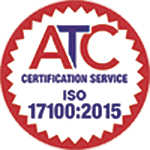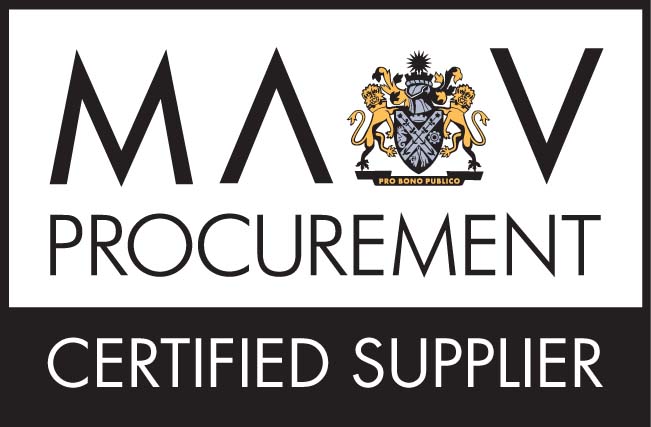Quick Quote
Archives
- November 2023
- October 2023
- September 2023
- August 2023
- July 2023
- June 2023
- May 2023
- April 2023
- March 2023
- February 2023
- January 2023
- December 2022
- November 2022
- October 2022
- September 2022
- August 2022
- July 2022
- June 2022
- May 2022
- April 2022
- March 2022
- February 2022
- January 2022
- December 2021
- November 2021
- October 2021
- September 2021
- July 2021
- June 2021
- April 2021
- March 2021
- February 2021
- December 2020
- October 2020
- August 2020
- July 2020
- June 2020
- May 2020
- April 2020
- March 2020
- February 2020
- January 2020
- November 2019
- October 2019
- September 2019
- August 2019
- July 2019
- June 2019
- May 2019
- April 2019
- March 2019
- February 2019
- January 2019
- December 2018
- November 2018
- October 2018
- September 2018
- August 2018
- July 2018
- June 2018
- May 2018
- April 2018
- March 2018
- February 2018
- January 2018
- December 2017
- November 2017
- October 2017
- September 2017
- August 2017
- July 2017
- June 2017
- May 2017
- April 2017
- March 2017
- February 2017
- January 2017
- December 2016
- November 2016
- October 2016
- September 2016
- August 2016
- July 2016
- June 2016
- May 2016
- April 2016
- March 2016
- February 2016
- January 2016
- December 2015
- November 2015
- October 2015
- September 2015
- August 2015
- July 2015
- June 2015
- May 2015
- April 2015
- March 2015
- February 2015
- January 2015
- December 2014
- November 2014
- October 2014
- August 2014
- July 2014
- June 2014
A Complete Translator’s Checklist for Corporate Translations
Before a translator from a corporate language translation service starts a corporate translation there are certain steps that should be taken while completing the translation When a translator is given a corporate translation the translator should make sure When it comes to translation, context is crucial. Usually, a professional translator is an Sometimes the subject matter of a source text covers a completely different theme so some An expert translator will provide a text that always gives the impression that it is accurate. If a corporate translation is required for a regular client, it is essential that the translations Any efficient and serious translator will provide feedback to the client particularly if any The first step when proofreading a corporate translation is to spell-check and correct all
Translating is not an easy process as it doesn’t just involve scanning the text provided by a
corporation and then translating it into a second language but any type of translation
requires expertise, skill, effort, time, and research so that high-quality translations will be
the result. All professional translators need to use checklists to help them get the best
the translation that fits their corporate client’s needs.1. Understand the corporate project
the translation instructions provided by the client are carefully reviewed.2. Study the context
expert in a certain field, so the translation project should suit the translator’s strengths.
The translator should not only be able to translate the words accurately but should also be
able to ensure that the translation makes perfect sense and fits into the context. All
industries have their own jargon and lingo so understanding this is important for an
accurate corporate translation.3. Conduct research
research may be required before the translation is completed.4. Provide personality
Unless asked to do so by a corporate client, translating any document word for word often
looks careless and is rarely perfect. This means the translator has to adapt the translation
so that it meets the client’s requirements and is not a simple word-for-word translation.5. Be Consistent
are consistent so the client’s brand value is not threatened by confusing their audience with
inconsistent messages. This means the translator should stick with the writing style used in
previous corporate documents including the use of similar phrases throughout the
translation. The same tone should be embedded in the whole translation. Translation
memory programs can help throughout the translation of the text. These programs are able
to help highlight similarities between the new content and earlier translated texts. This
saves time and helps to maintain the brand’s consistency.6. Provide feedback
mistakes are discovered in the source text. It’s also quite a good idea to provide comments
regarding formatting or word usage if required.7. Proofreading
typos. Once the text is free of all grammatical and spelling mistakes the translation should
be read again and compared to the source text so that any mistranslation can be corrected.
The final document in the targeted language must make sense and read as if it was written
in the original language. A final review of the translation should take place after the
translator has taken a break. This is equivalent to a set of fresh eyes reviewing the
translated document.
All corporate translations need to take the utmost care with translations otherwise the
the corporation may lose its reputation if its brand is misrepresented in an inaccurate
translation.









Leave a Reply